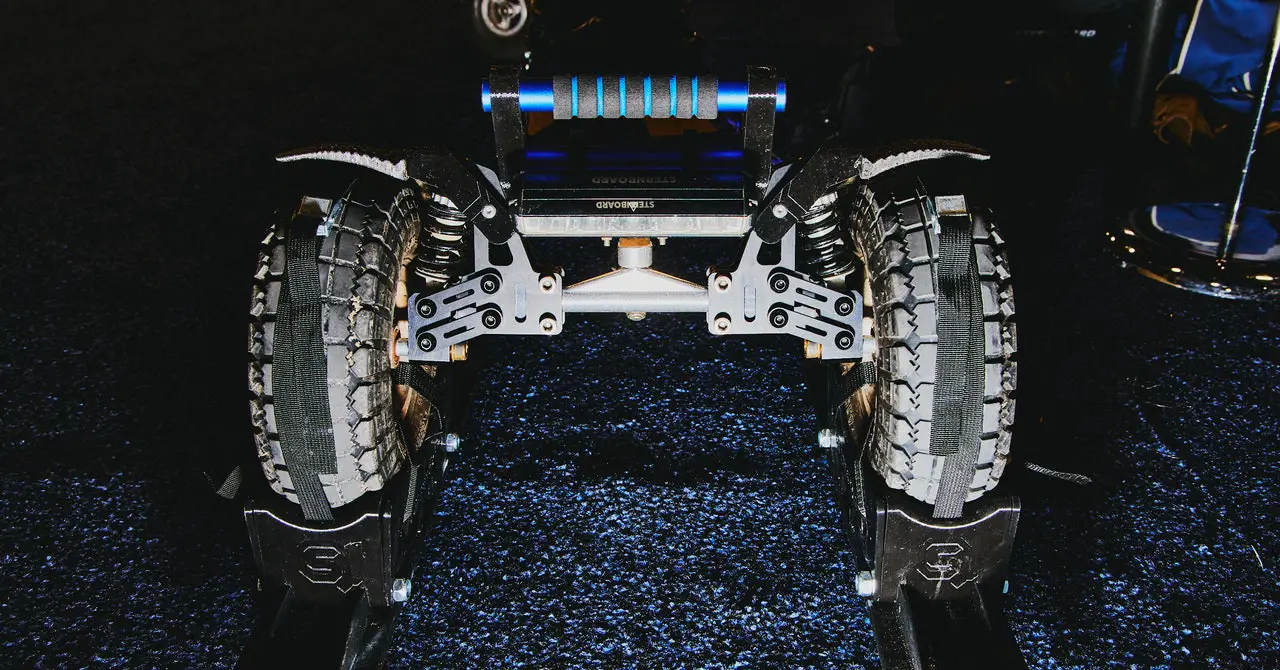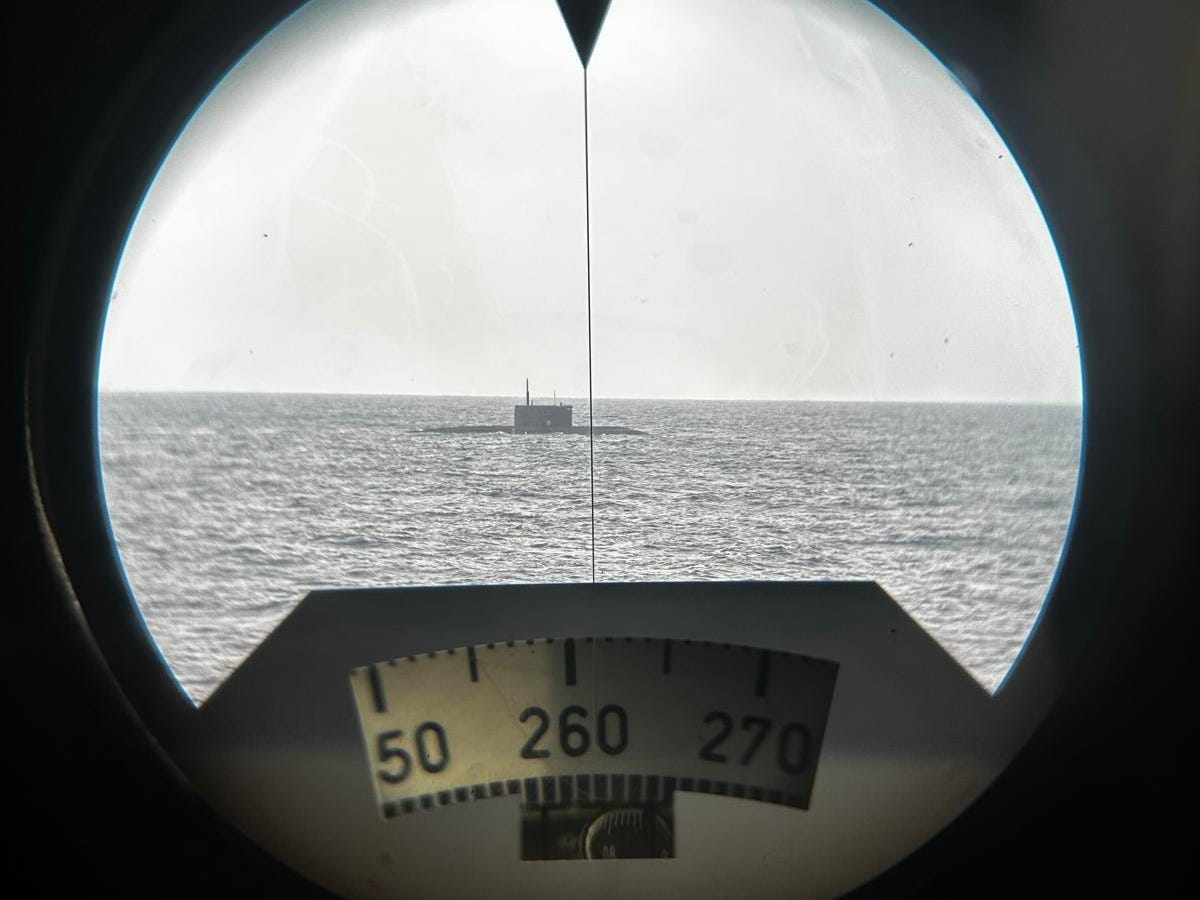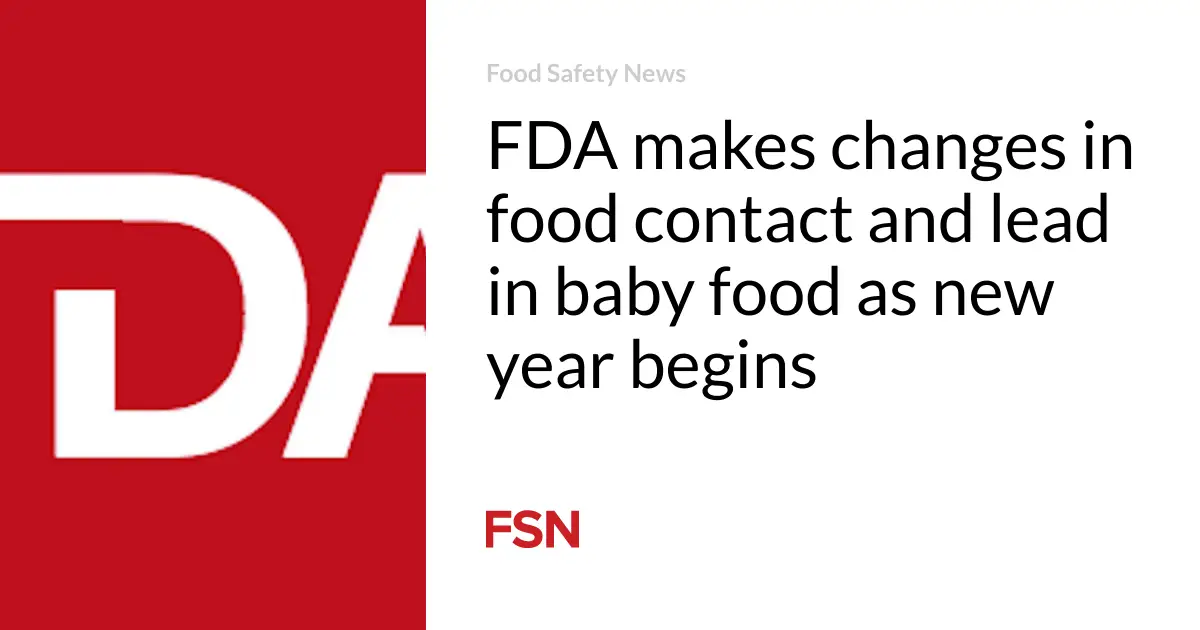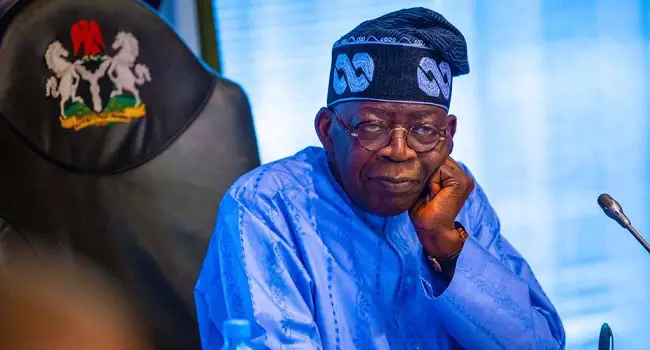
There was a time when the experience of being online didn’t have the feeling of live theater. Today, everyone’s got a part to play—and the main character’s name is Delulu.
Once again, delusion has gone radioactive. Just look around. Climate denial is trending on YouTube. The presumptive Republican presidential nominee doesn’t think he should be on trial, and even with a court-mandated gag order he refuses to shut up about it on social media. On college campuses across the US, peaceful anti-war student protests are given a nasty PR spin: They’re vilified as antisemitic despite many of the protesters being Jewish.
On TikTok, delulu has reached peak zeitgeist (the hashtag has over 2 billion views on the app, and more than 130 million posts). Still, I prefer my delusion spoon-fed via Instagram, the metropolis of millennial escape. Scrolling through the app, it’s easy to trick myself into believing things are better than they actually are—that maybe the state of the world, already somewhere far beyond the realm of the absurd, isn’t all that bad. It’s a lie, of course, but lies have their use.
I went public on Instagram in March because I wanted to promote a documentary I produced. It’s my first TV project, and I’m insanely proud of what we made. Selfishly, I also wanted as many people as possible to see it. But promoting the documentary required that I give up the thrill of anonymity that my finsta provided for a more public-facing persona. I knew I didn’t want to start over entirely, or dissolve the relationships I’d quietly made, and this seemed like a happy medium, even though I had no indication of what fruit it would bear.
Like many people of my generation, I grew up on the internet. Twenty years in and I’m still here. Only I long for a new kind of connection. As age has a tendency to readjust one’s perspective, my needs changed. I no longer instinctively crave to broadcast my every last thought, or engage with the masses every morning right as I wake up. It’s why my finsta was a perfect compromise. I couldn’t fully unplug, try as I might, but I could find comfort in a smaller audience.
The world is more connected than it’s ever been. But in opening up, we have lost intimacy. We perform it, but how true is it to our lived experiences? Twitter was especially predictive in that regard: more voices did not equate to more understanding, even as the platform revolutionized how, and how quickly, we connect. The alchemy of unforced connection was what the adolescence of social media embodied best. Keeping my Instagram private let me hang onto a little bit of that feeling.
I knew it couldn’t last forever. I make a living in a profession that requires endless self-promotion. What the influencer economy made real was the business of personhood. It completely revised the mechanics of engagement. Even if you’re not a “content creator” you are still mostly beholden to their rules of play. Maybe I’m overly sentimental about what we’ve lost, but there used to be a real romance to social media that was discarded for connection built around attention-seeking and brand deals. Social media has upended our relationship with real life: Rather than reality happening to us, we happen to it.







